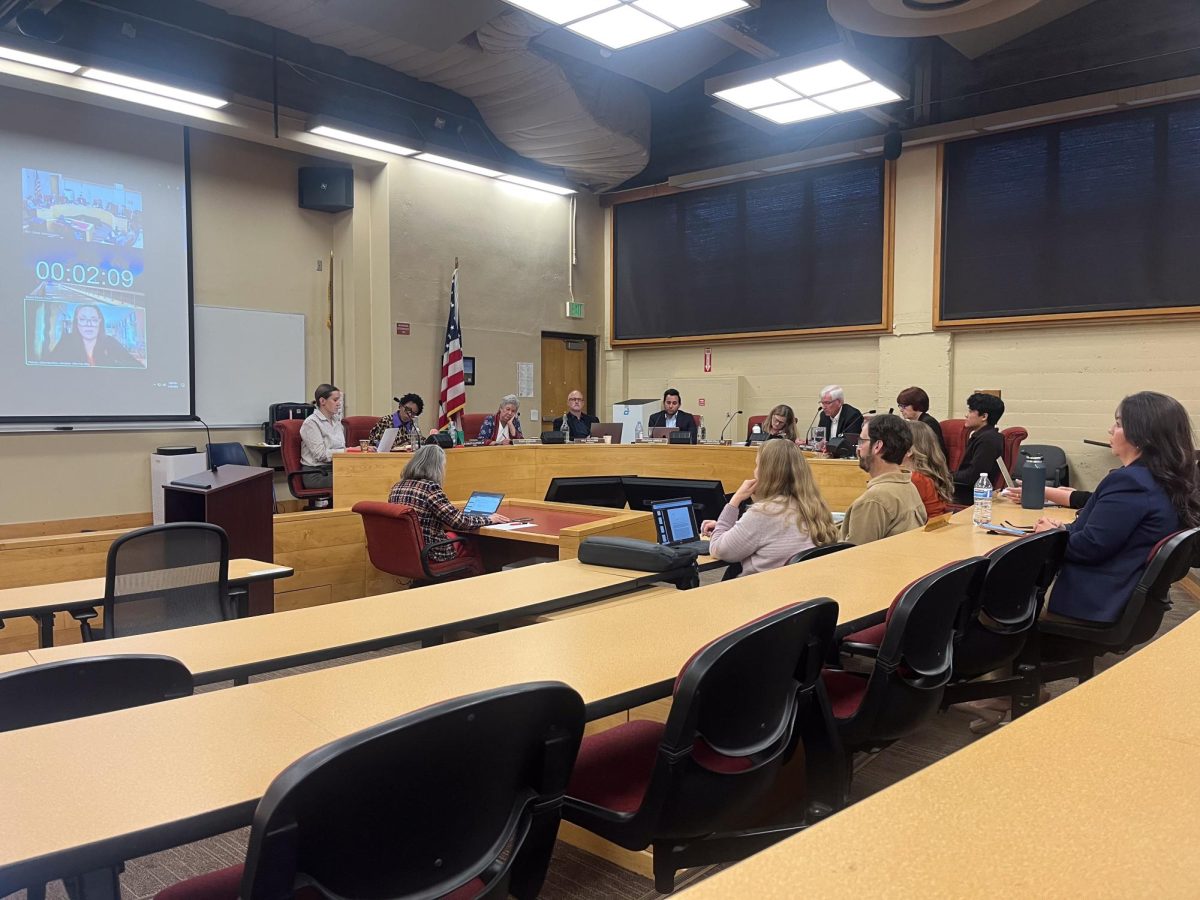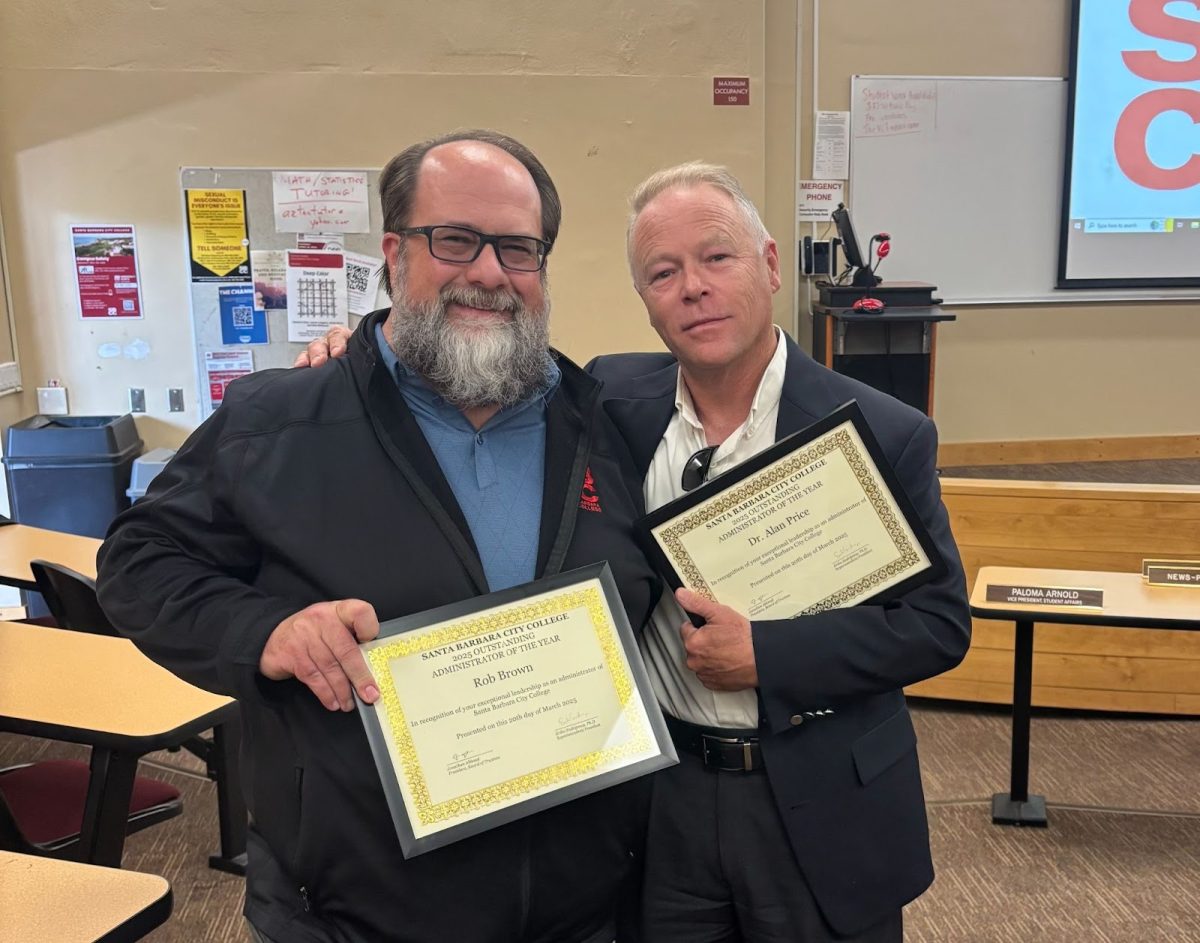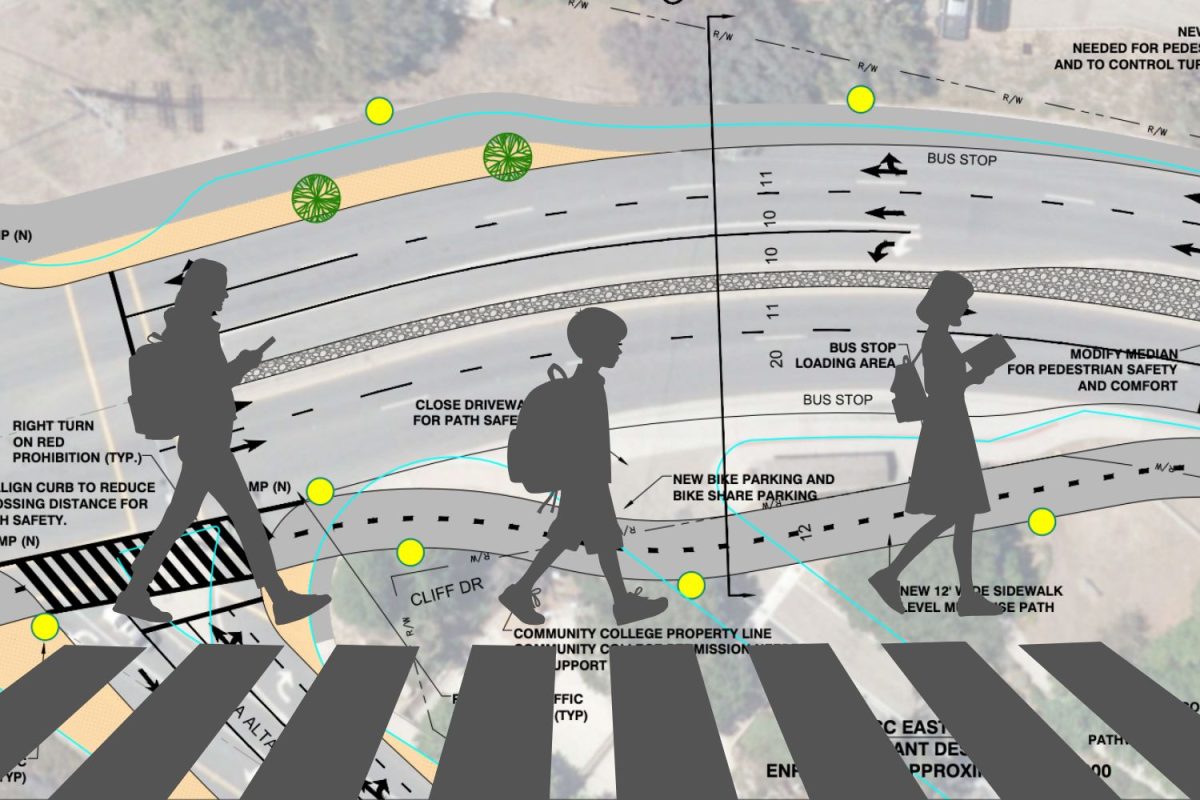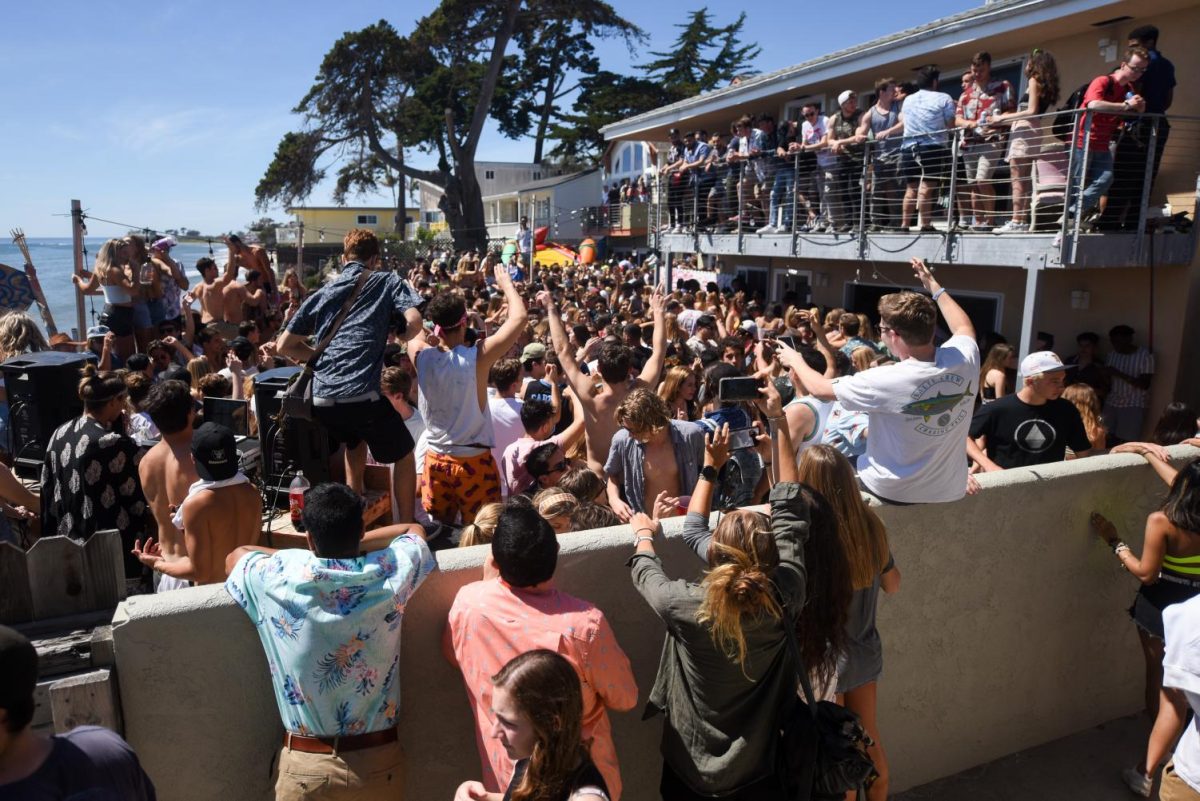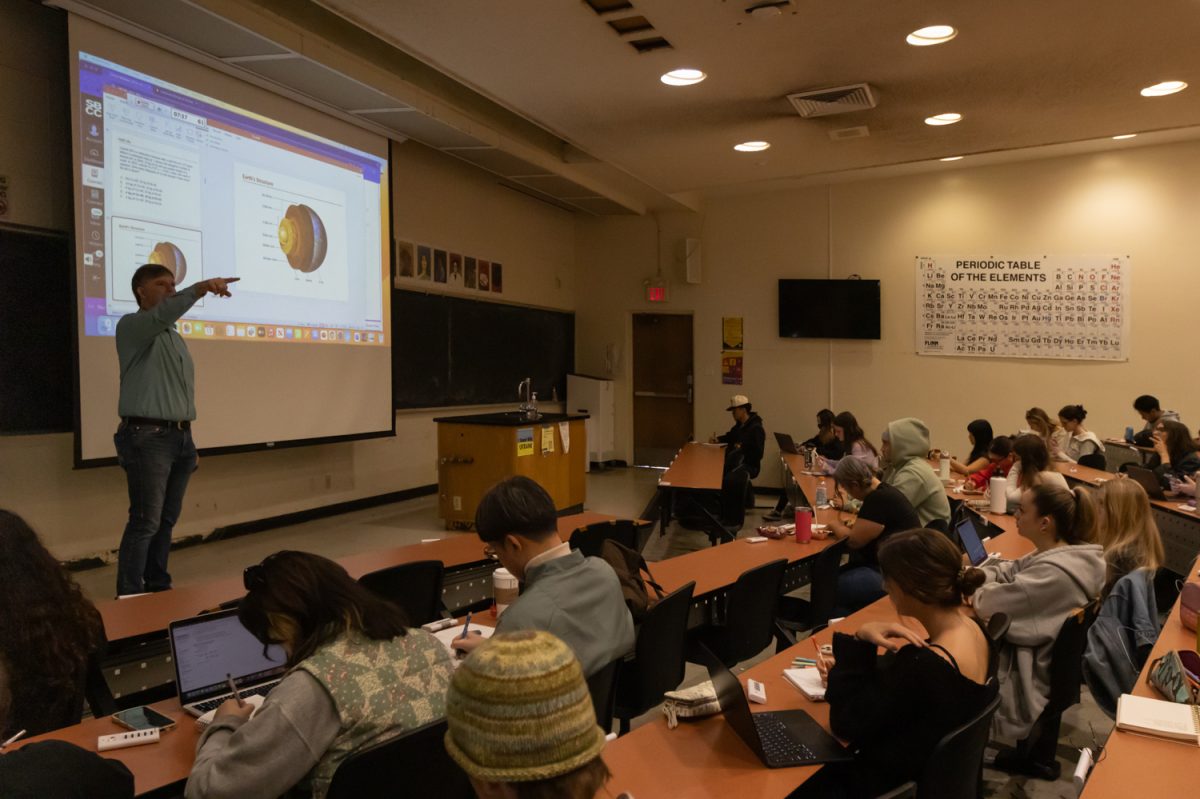It is only in the last century or so that mankind has been able to look up at the sky and hold fairly concrete answers about the universe.
At the free astronomy club-hosted lecture, “Origin of the Universe: The Big Bang,” on Nov. 17, Dr. Brian Williams explained not only some of what scientists know about space, but how they know it.
The lecture was focused on what physicists refer to as the Big Bang, a theory that the universe was created in a single moment, and that it has expanded over the past 13.8 billion years.
“It’s pretty clear that there was a big bang,” said Williams, who received his doctorate in experimental physics at UCSB.
“As you go forward in time, you see things are getting further and further apart. So if I go backwards in time, everything is getting closer and closer together, until at some point, if I go far enough back in time, everything will be stuck together.”
To help the audience understand the concept of the expanding of the universe, Williams compared the universe to a cake with raisins, with the cake being space, and the raisins being everything in space. He said that as a cake expands in the oven the raisins do not, but the space between everything does.
“Imagine that cake is infinitely large, and it’s in an infinitely large oven,” he said.
Williams said he does not like to explain the big bang as something that occurred at a single point, but rather as something that occurred everywhere in space, all at once.
“There’s no center. There’s no place where you can say, ‘that’s where the big bang happened.’ It happened in all of space at the exact same moment.”
Williams explained that the Big Bang could not have happened at one location, because the universe is homogeneous, which means it is the same throughout. He said if there had been a localized explosion, scientists would be able to detect higher energies at various other points in the universe.
As modern technology has not developed enough to look back billions of years at the Big Bang, physicists understanding of the event has been created largely through mathematical models.
Williams said it is a concern, however, that these equations have been created to fit the universe that people believe it to be, rather than the models being established objectively.
“We use this framework to create these governing equations, and we use these frameworks to create the universe that [we] live in,” Williams said.
Williams concluded that so many questions about the universe are still unanswered, which is what makes his field so interesting.
“If there’s anything I want you to take away from this, it’s an understanding that science and engineering is exciting. Learning the basic stuff is exciting, because then you get to start looking at the unanswered questions.”



